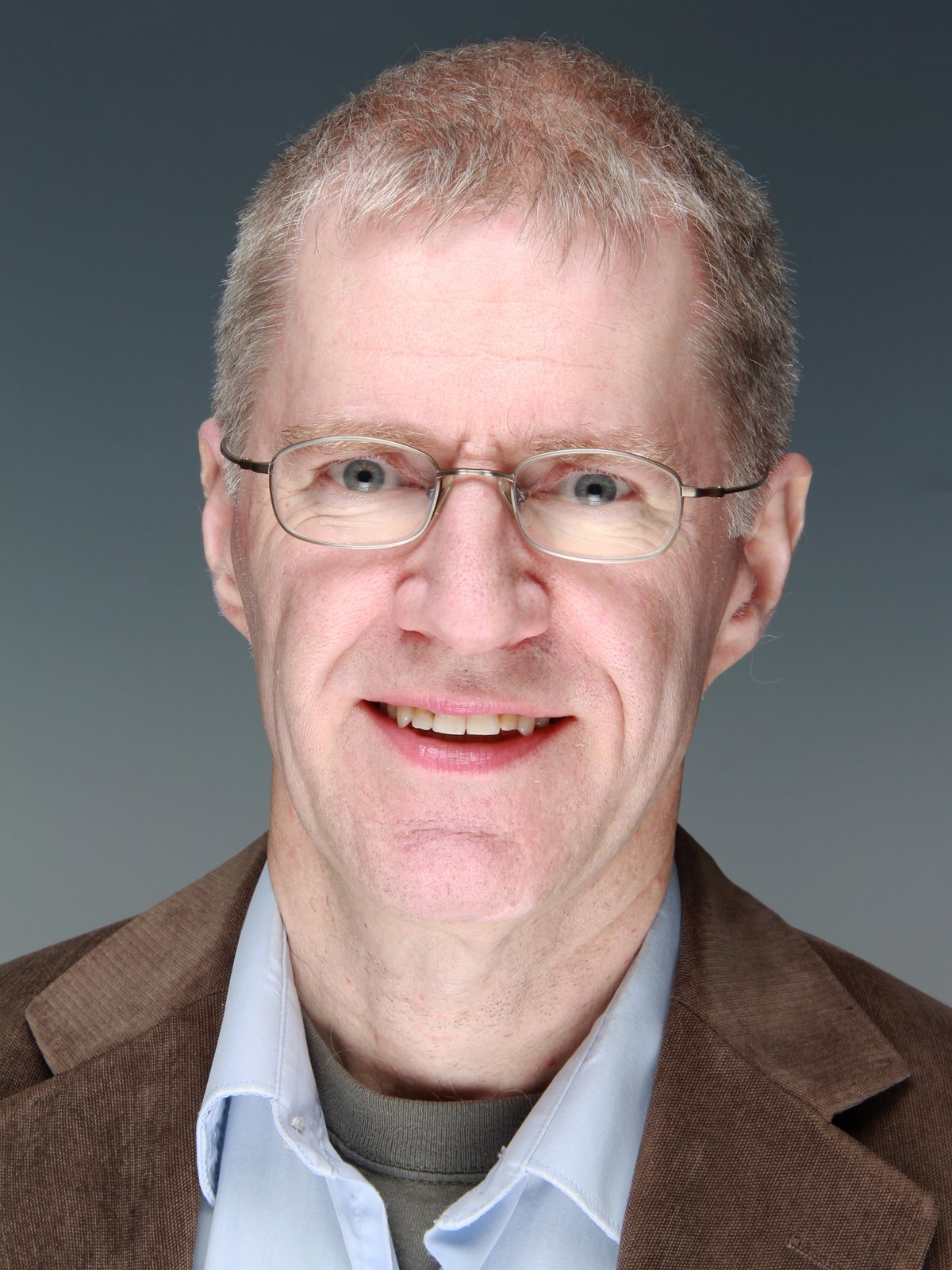
Modern societies are facing severe challenges currently and when looking ahead to the coming decades. Pressing issues include changing demographics, financial and economic instability, productivity and international pressures in a globalizing world, and, ultimately, the long run sustainability of society based on current market structures.
The demographic changes include increasing longevity and shrinking birth rates. With longevity increasing faster than retirement ages, and unemployment on the rise as well, the result is larger shares of the populations not contributing to production. Increased longevity in addition implies an older segment that is drawing on public health systems for more years, hence adding to the burden on public budgets. Financial crises can lead to real economic crises, with increasing unemployment and declining real wages, and both financial and economic shocks spread internationally. Globalization implies that jobs are lost to lower cost producers abroad. In order to maintain reasonable wages, it is necessary to find ways to increase productivity. One source of such an increase is reallocation of employees to the most productive employers.
In order to evaluate alternative policy suggestions, it is necessary to make predictions under conditions quite different from past experience. This requires theory and a model of the mechanisms that will generate the future realizations. It is then possible to ask what would happen under different policy choices. To identify such a model, it is necessary to have detailed, individual level data on the decision makers in society. Denmark is in a unique position, because we have detailed register data, and researchers are allowed to merge anonymized registers on wages, health, aging, retirement, unemployment, income, wealth, firm production, financial variables, etc.
In the structural approach, the observations are described in terms of parametrized models. Using data on the individual decision makers, the parameters are identified empirically. Given the received parameters, the policy analysis is conducted by resolving the model under new conditions. What is best policy, and will markets support it?
Project title:
Markets, Productivity, Long Term Risks, and Sustainability
Area of research:
Economy
Fellowship period:
1 Jun 2013 – 31 Mar 2015
Fellowship type:
Jens Christian Skou fellow

This fellowship has received funding from The Aarhus University Research Foundation.